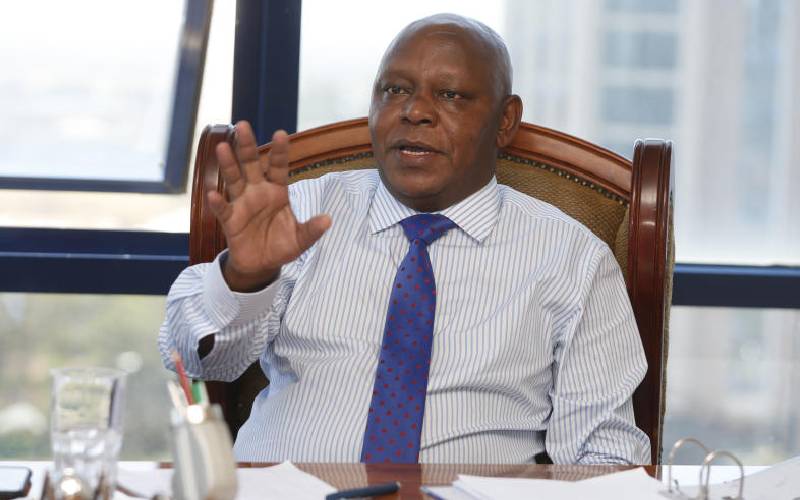×
The Standard e-Paper
Join Thousands Daily

Lawyer Paul Gicheru during an interview with The Standard at his office in Nairobi on February 04, 2021. [Stafford Ondego, Standard]
For many Kenyans, Paul Gicheru is viewed as a man shrouded in mystery and suspicion and whose true intentions are viewed with suspicion.







